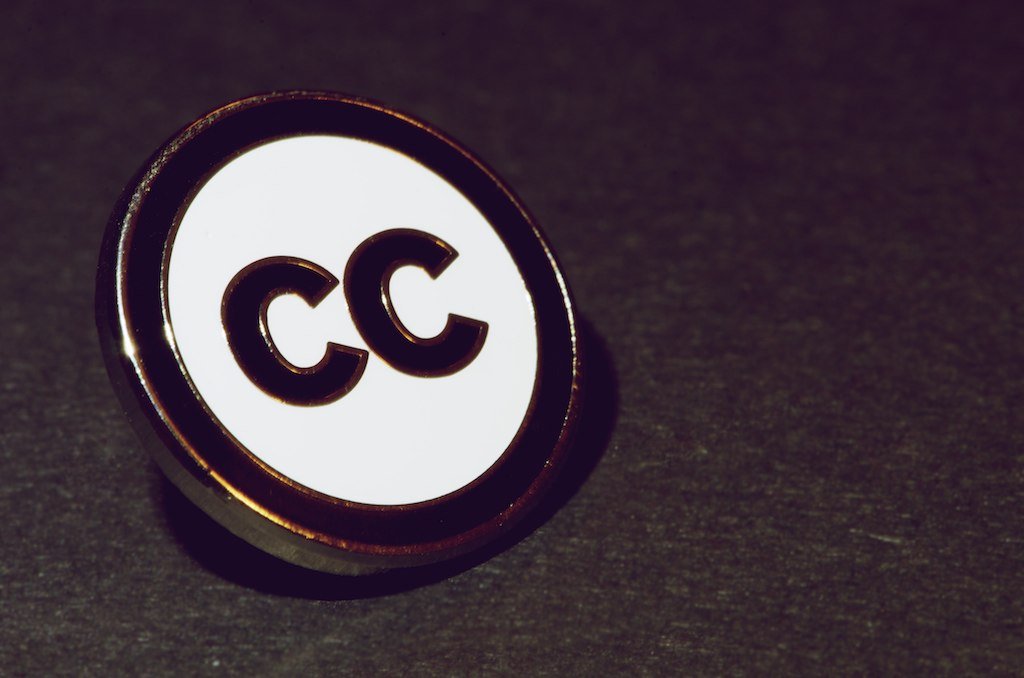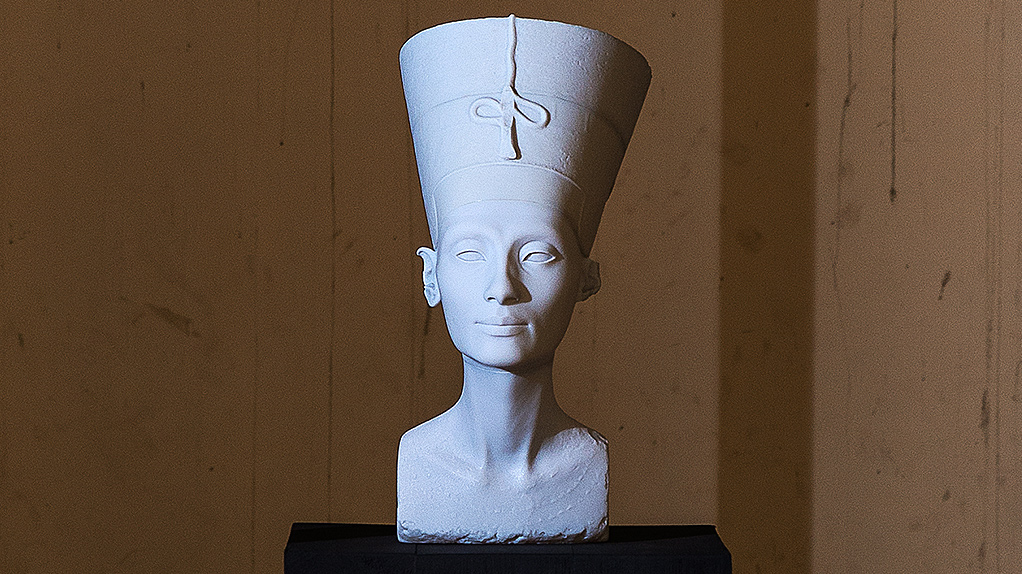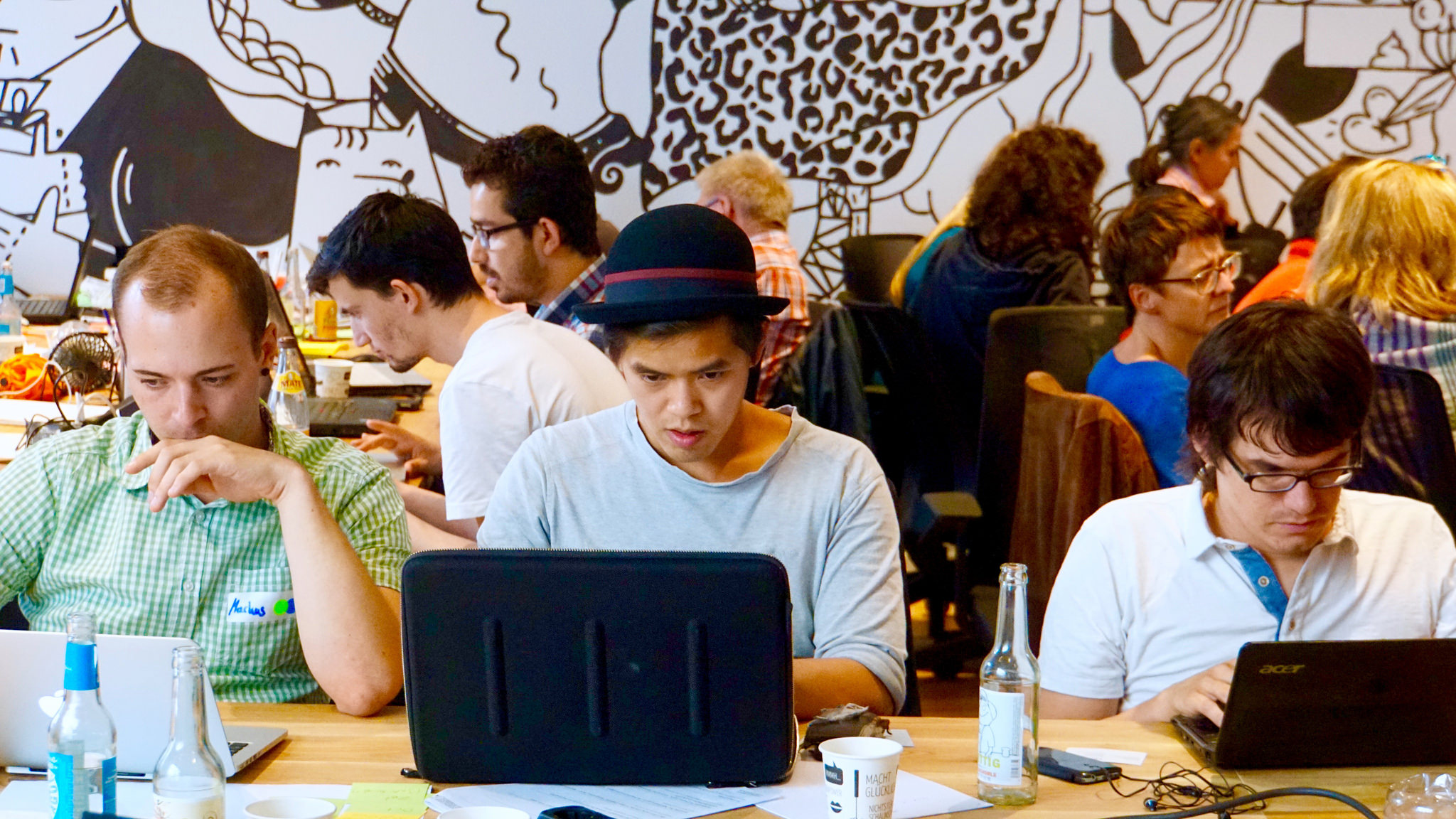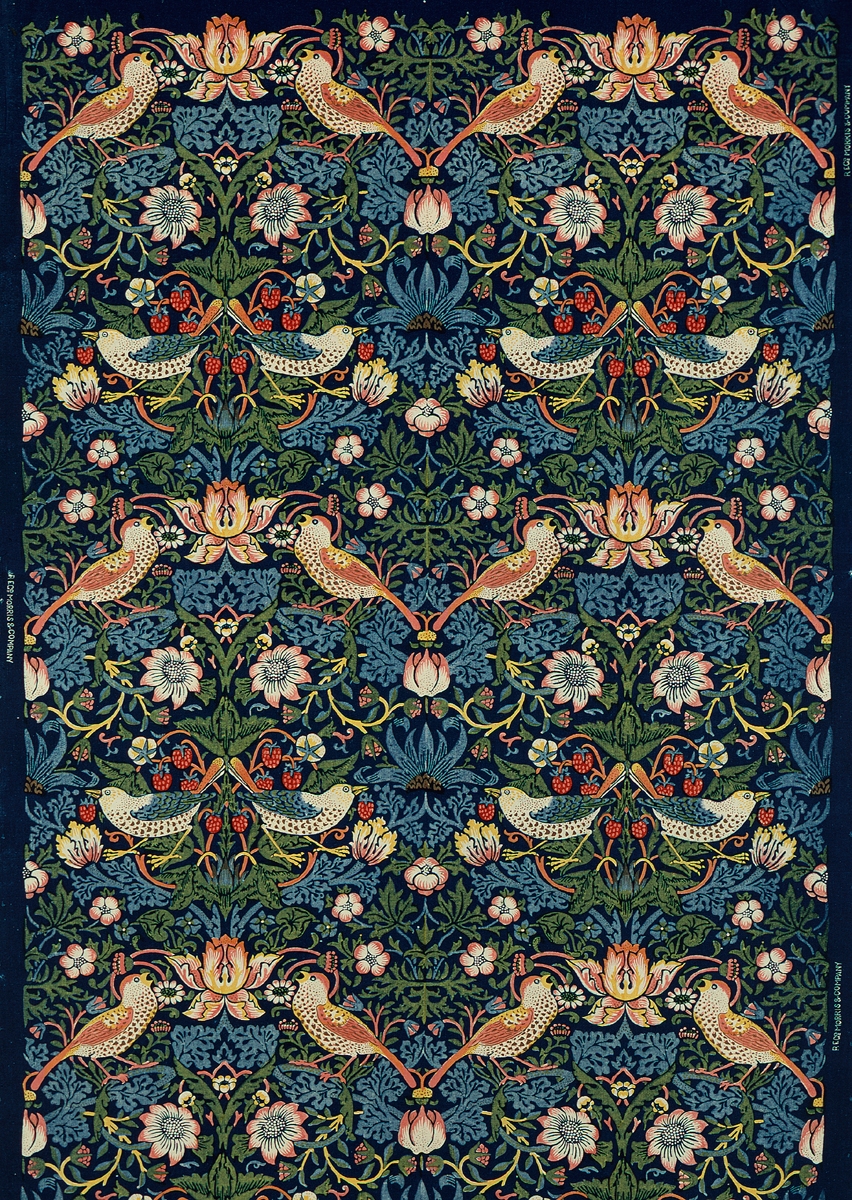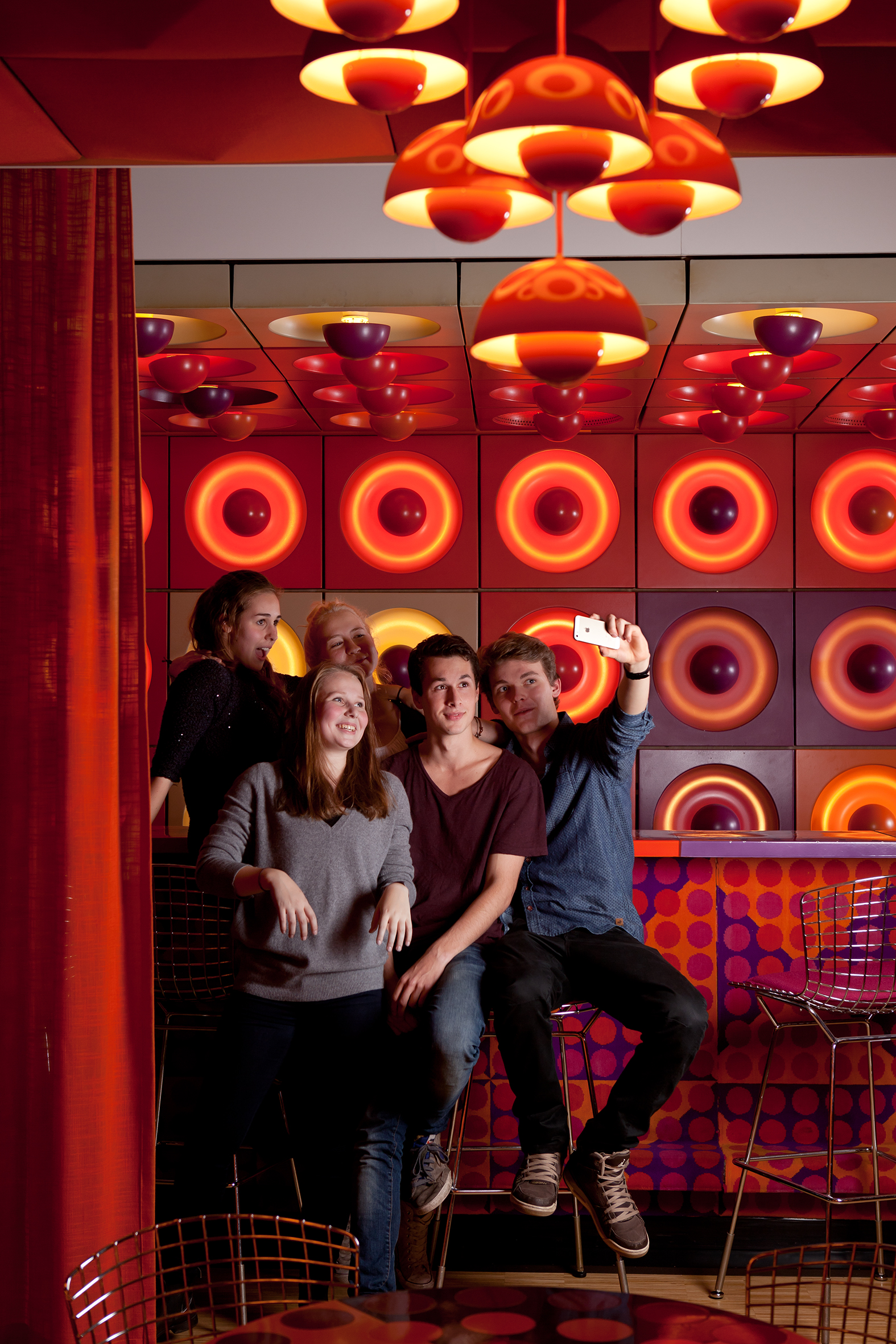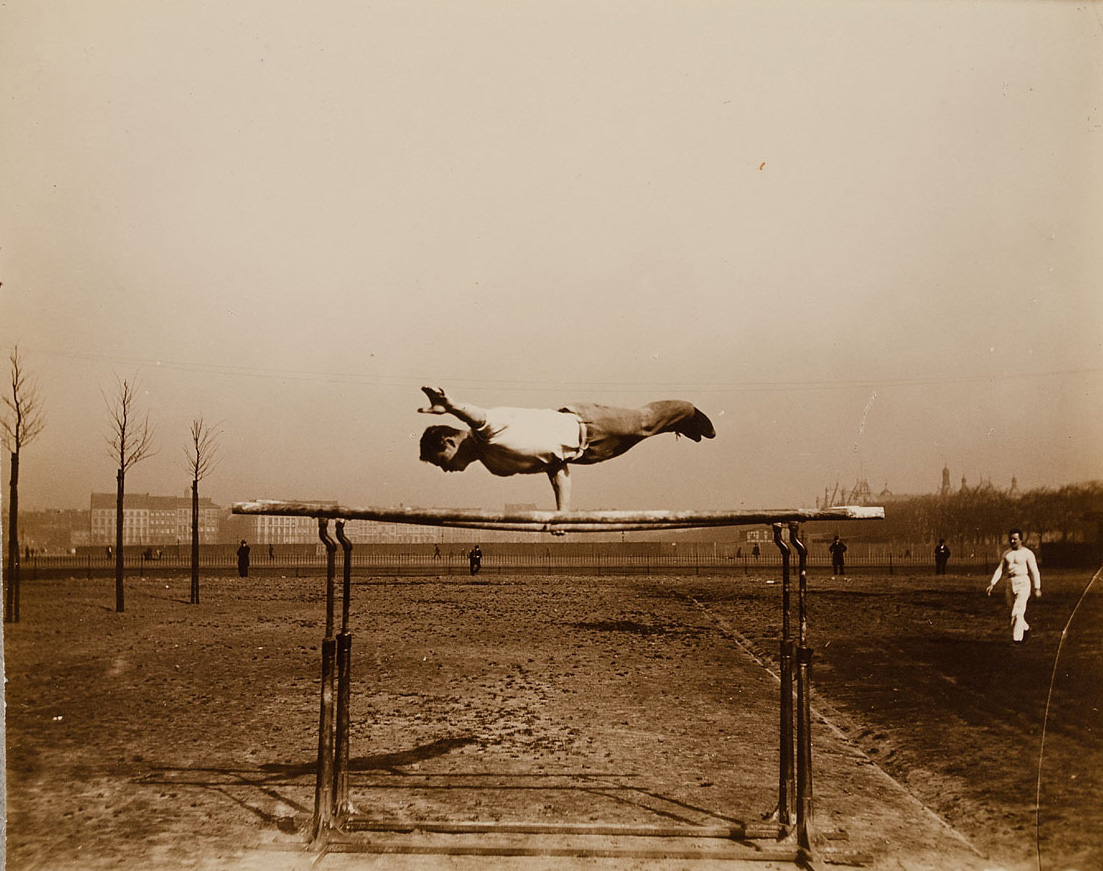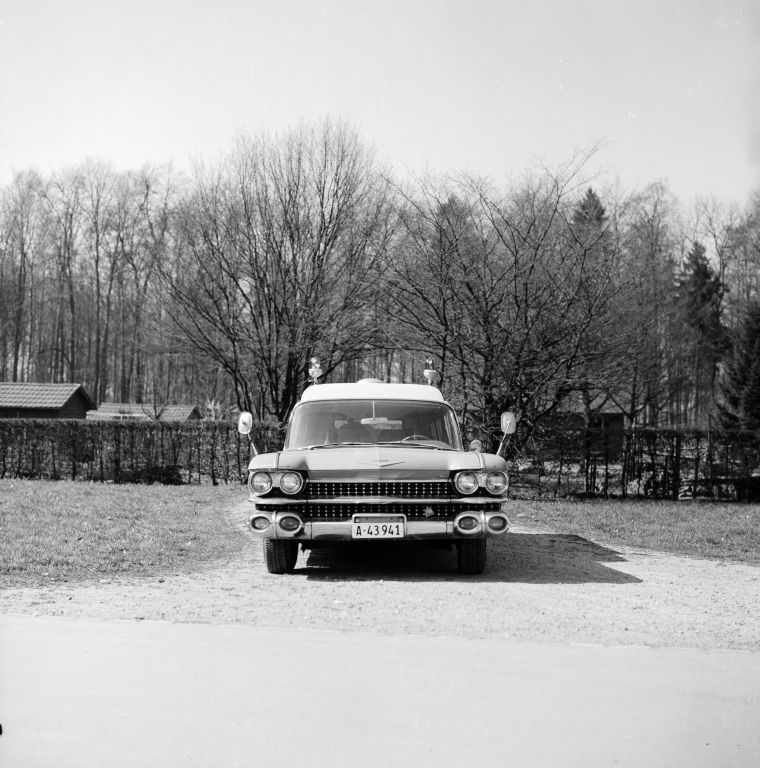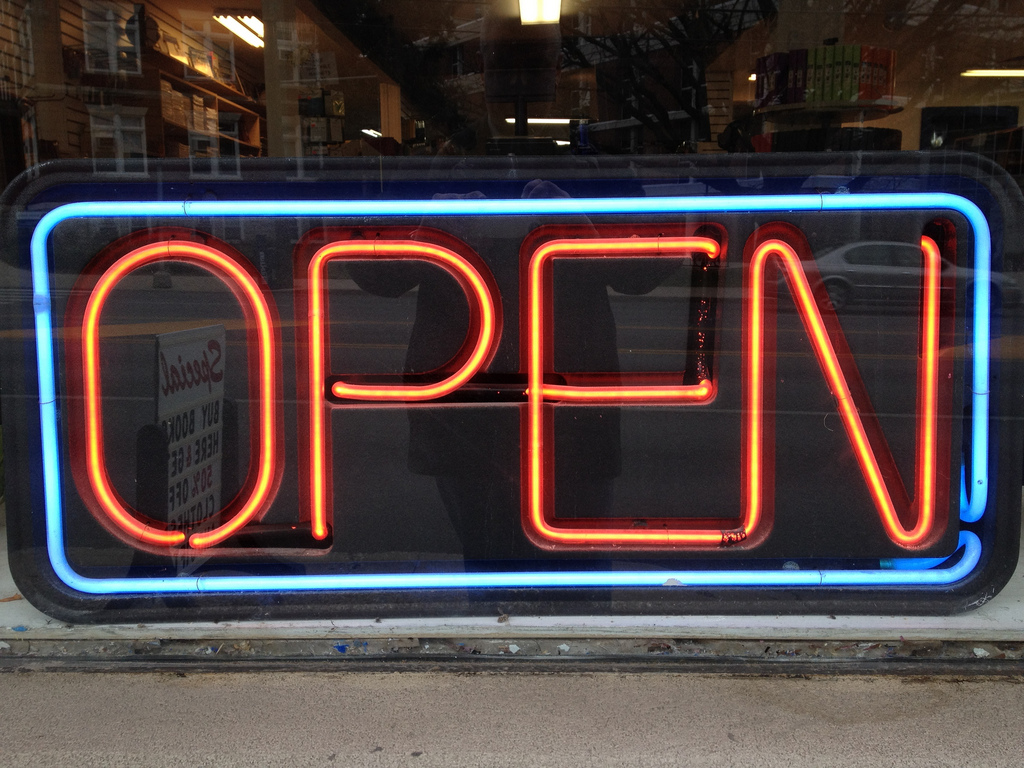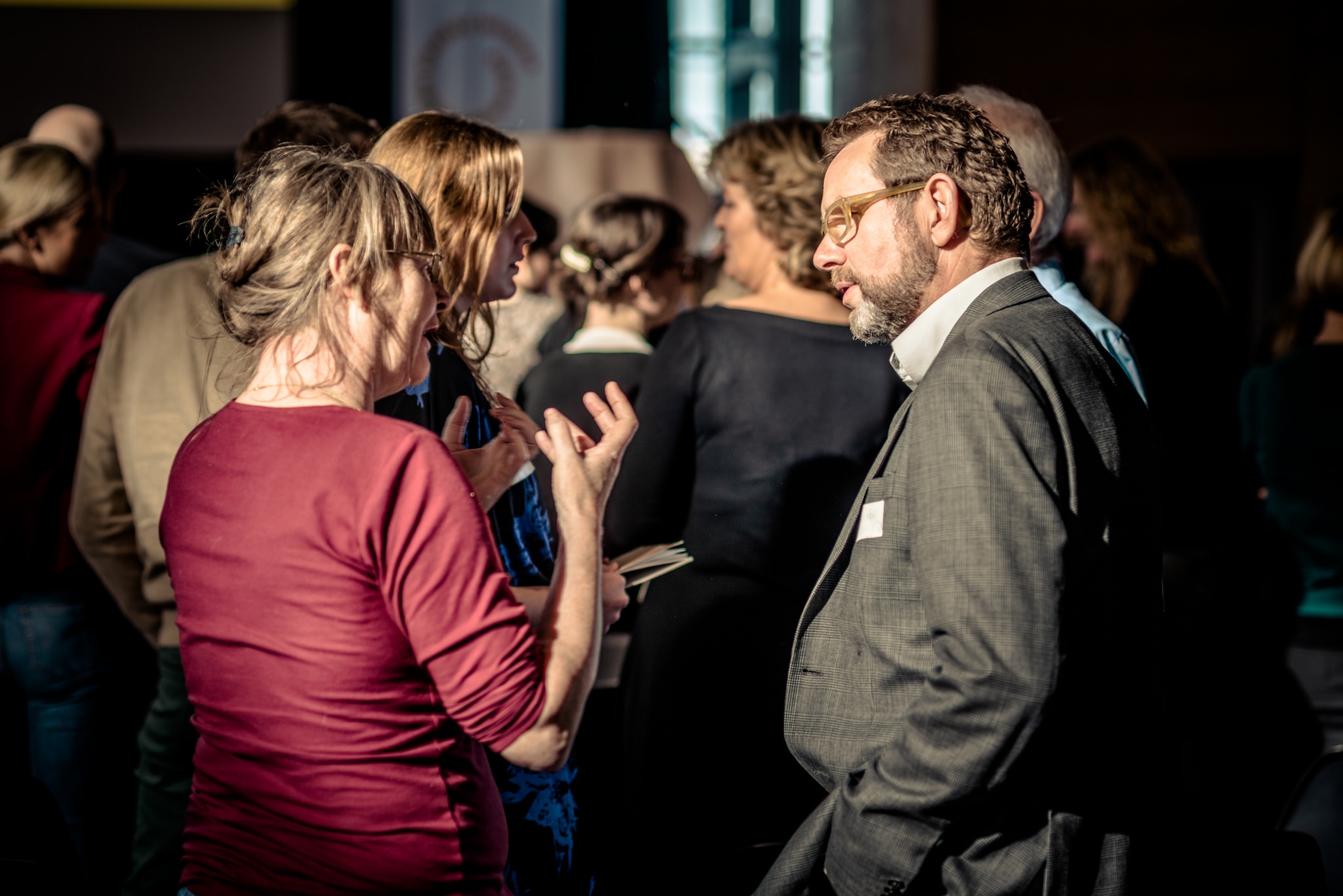Ellen Euler, Deputy Manager of Finances, Law, and Communication, German Digital Library
Barbara Fischer, Curator for Cultural Partnerships, Wikimedia Germany
Often there seems to be a lot of uncertainty around the use of open licenses, like Creative Commons offers them. Buzzwords like copyright, public domain and licensing laws tend to prompt questions and uncertainty in many institutions. Therefore Wikimedia Deutschland and the Deutsche Digitale Bibliothek have developed a fun training program for employees of GLAM institutions and everyone dealing with digitization of cultural heritage who wants to know more about the potential of open licensing for education and learning, science and research, creative reuse and innovation.

